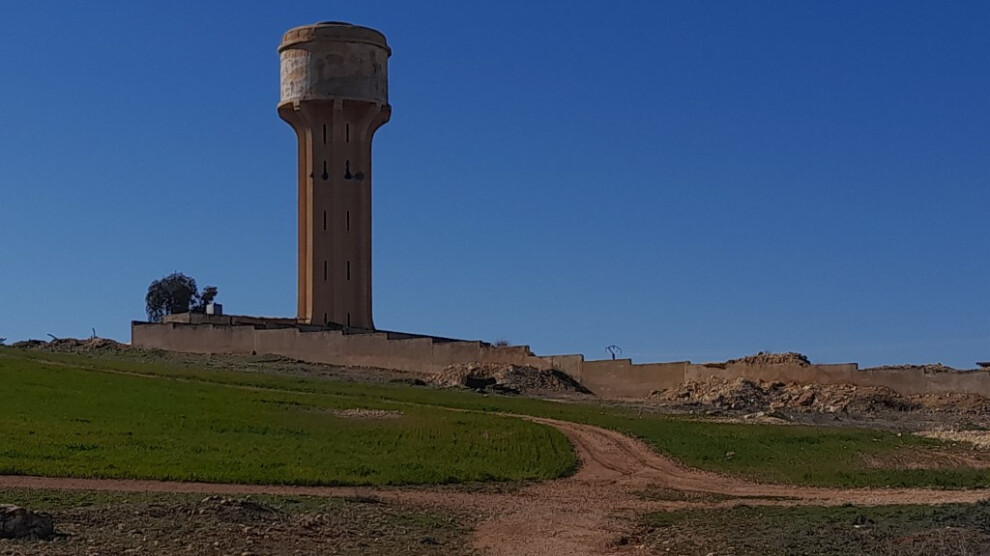18 villages to the west of Kobanê faced thirst because their groundwater became unusable after the severe earthquake in North Kurdistan.
The earthquake that struck North Kurdistan, Turkey, Syria and Northern and Eastern Syria, damaged schools, buildings, water lines and sewers.
One of the regions affected by the earthquake is the Euphrates region. 13 schools and drinking water treatment tanks were damaged in Kobanê alone. The capacity of the treatment plant located in the west of the city is 480 cubic meters and 50,000 residents from 18 villages drink its water.
In the examination carried out by the Autonomous Administration, it was determined that water could not be supplied to 18 villages after the damage caused by the earthquake. The facility, which had been damaged after it was targeted by ISIS mercenaries with rockets and artillery in 2014, now needs to be repaired because of the damage suffered in the earthquake.
Co-chair of the Euphrates Region Water Directorate, Mesud Bozi, told ANHA: “If we do not take measures quickly, the 50,000 residents of the 18 villages taking water from the station will face a very serious problem.”
Bozi continued: “The facility is very old and needs to be repaired as soon as possible. The residents are in urgent need of water. We are now delivering water to these villages by tankers. But it appears clear that a new facility needs to be built to provide uninterrupted water for the region.”
Bozi said; “Not just the rural areas in the west of the city were affected, but some water networks in the Kobanê canton were also damaged and are being repaired with our limited resources.”

